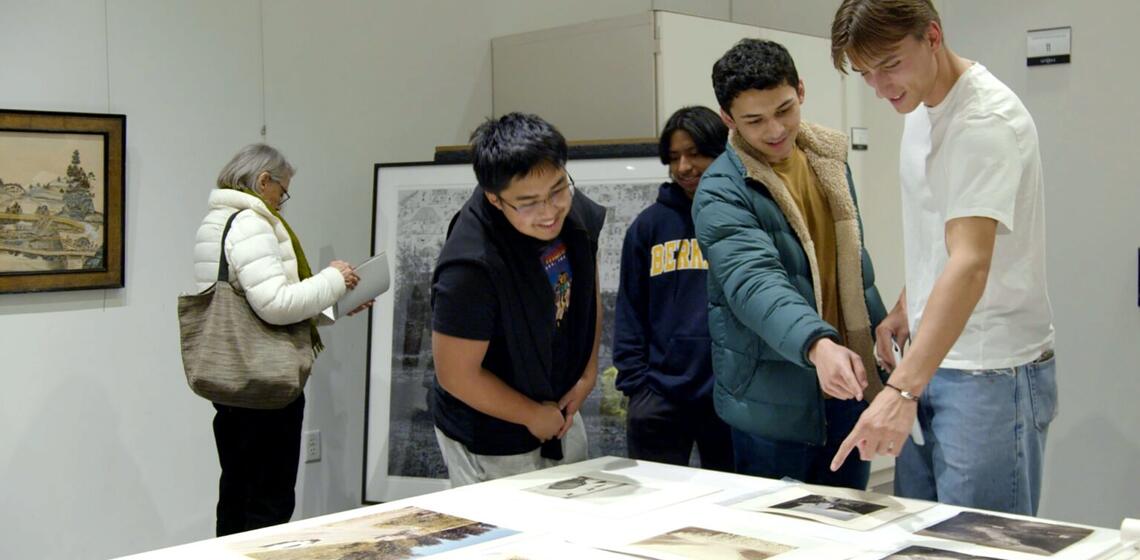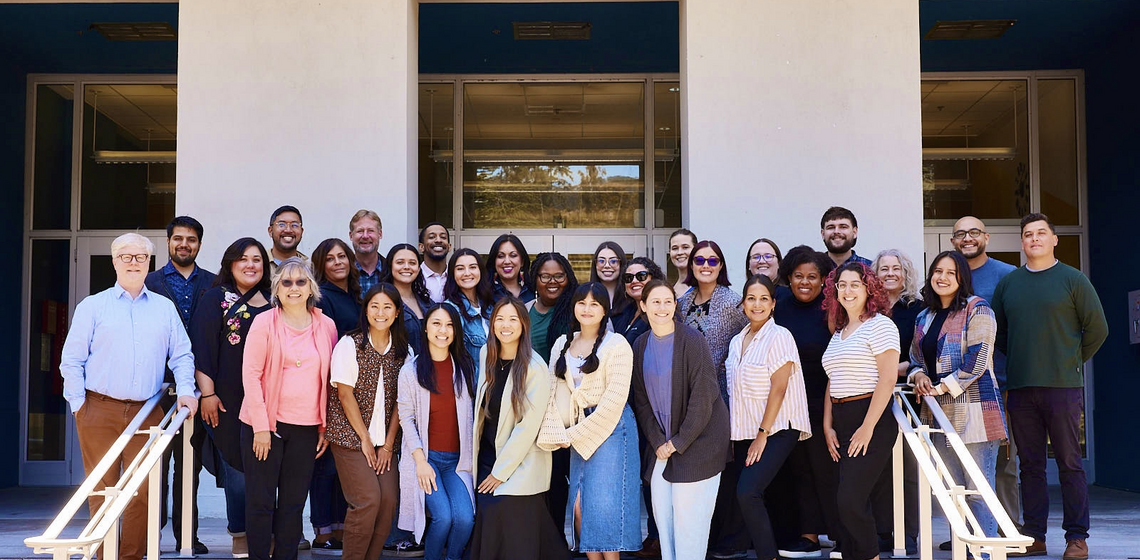Berkeley Letters & Science prepares students for lives of consequence.
The Undergraduate Studies Division supports the College’s undergraduate mission through its emphasis on three Strategic Priorities: Belonging, Wayfinding, and Scholarly Engagement. Belonging supports students in finding their place in the College and in thriving at Berkeley. Wayfinding engages students in navigating through the College and beyond. Scholarly Engagement empowers students in shaping their own intellectual futures as active learners.
Our Commitment
We, the members of the Berkeley College of Letters & Science Undergraduate Studies Division, are committed to forwarding efforts of Diversity, Equity, Inclusion, Belonging, and Justice (DEIBJ). We hope to begin realizing these ideals by building trust both within our division and with the greater Berkeley L&S community. Our commitment to DEIBJ and trust-building must inform and direct our efforts to execute the Strategic Priorities that follow. We are further committed to supporting our staff and faculty colleagues to ensure their overall wellness and the sustainability of their work.
Strategic Plan Overview
Under the three Strategic Priorities (Belonging, Wayfinding, and Scholarly Engagement), we have identified 11 key areas to begin implementation in the 2022-23 academic year. The PDF below outlines the focus areas and provides action steps for each in the Undergraduate Division Strategic Plan.
Download the UC Berkeley Letters & Science Undergraduate Division Strategic Plan (PDF)
We have accomplished much toward the Strategic Priorities since implementation began, as detailed in the annual highlight documents below.
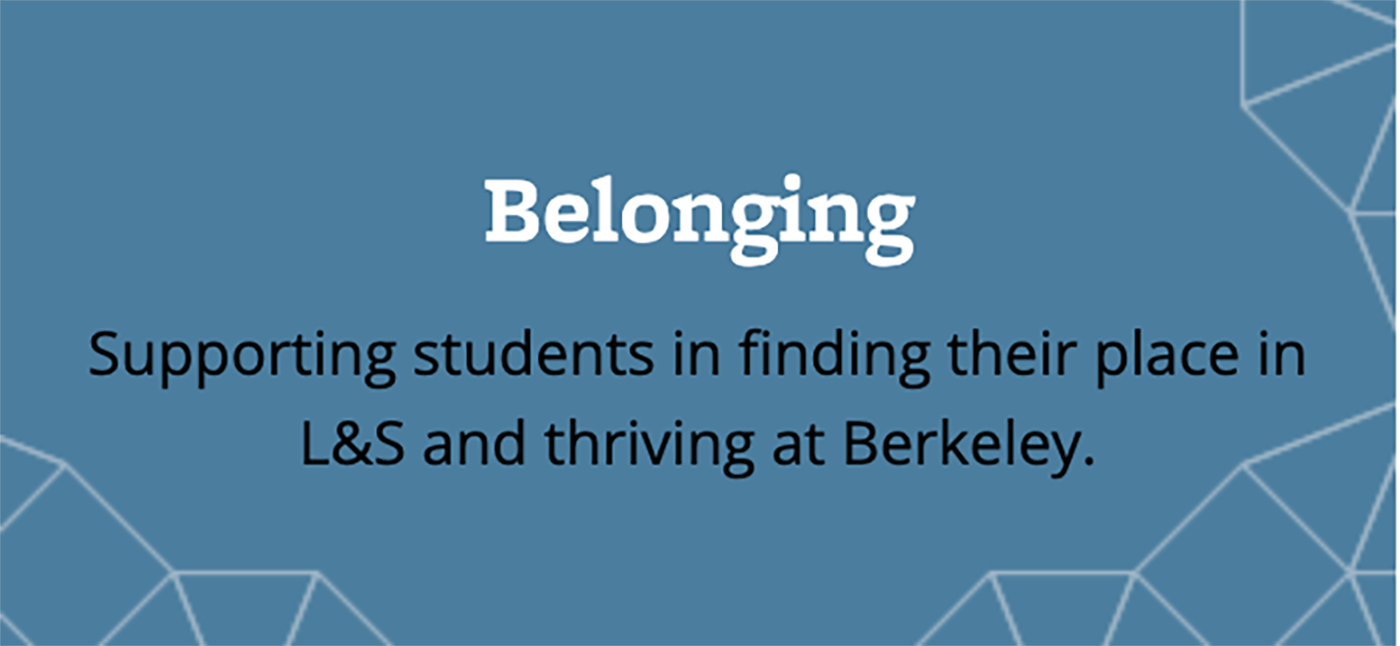
Fostering a sense of community at all levels
- Build a division that reflects and represents the diversity of its membership
- Work toward ensuring staff and faculty diversity is proportionate to student diversity
- Combat the culture of toxic competition that inhibits wellness and belonging
- Improve the morale and well-being of students, staff, and faculty
- Leverage technology to help with outreach and community-building
Creating Connections
- Ensure every student has a touchpoint in the College
- Share learning and knowledge across campus units
- Find opportunities for mentorship for students, staff, and faculty
- Create more opportunities for collaboration across affiliations
- Find the most effective modes of communication for different groups
Building Trust
- Ensure that all community members feel safe and supported within the Division
- Partner with groups and organizations that are trusted by marginalized communities
- Focus outreach efforts on marginalized spaces and communities, including transfer and non-traditional students
Amplifying diverse voices
- Incorporate input and feedback of diverse students, staff, and faculty
- Encourage collaboration in decision-making
- Increase valuation of non-tenured track work and input in curricular decision-making in the Undergraduate Division
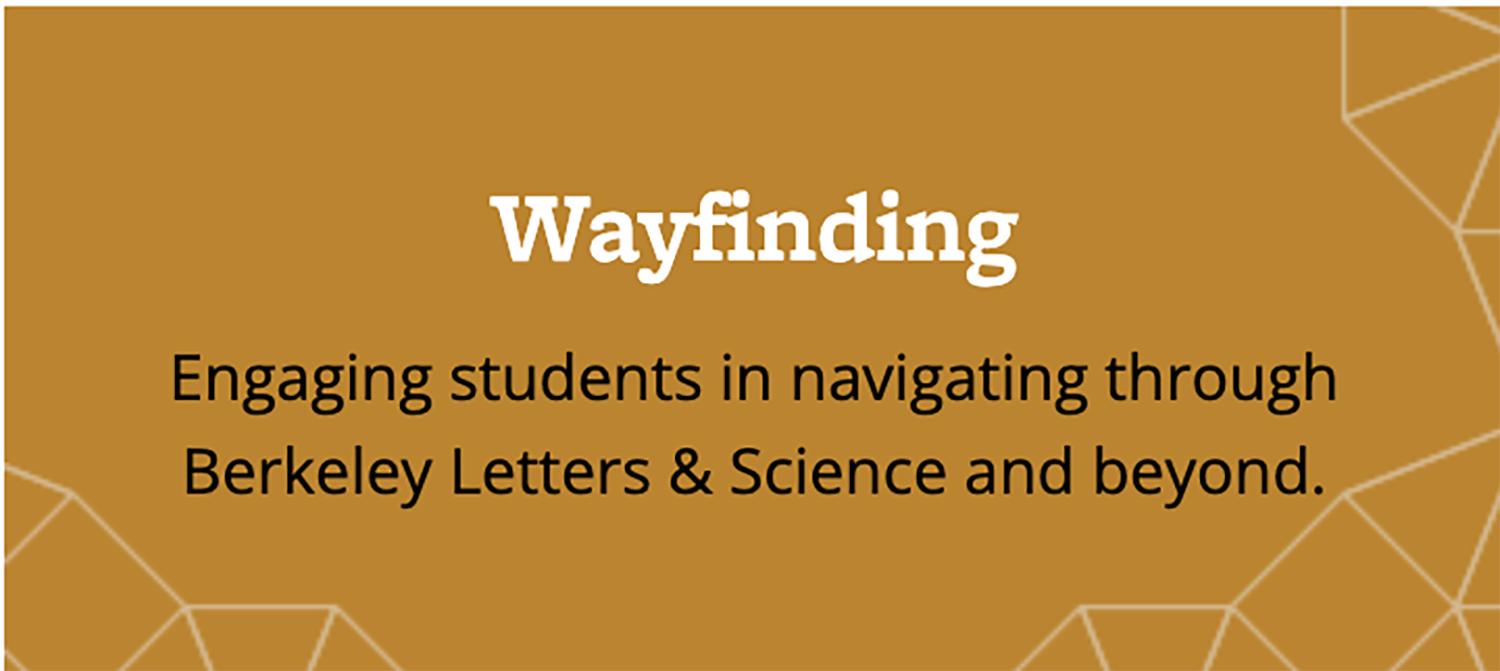
Embracing Comprehensive Wayfinding
- Embrace a wayfinding approach that accounts for the whole student and many student identities
- Engage students in the development and scaling of the effort
- Enable early and sustained access to well-coordinated information and outreach about on- and off-campus opportunities that have been intentionally designed and selected with student aspirations and concerns in mind
Prioritizing Equitable Access
- Prioritize equitable access and identify and dismantle obstacles
- Meet students where they are
Teaching Wayfinding
- Frame/communicate the experience of wayfinding as a teachable life skill
- Engage students early and often
- Support staff and faculty as sustainable teachers and partners in wayfinding
Resourcing Wayfinding
- Harness the power of technology to increase access and effectively reach students, while also aiding those who support them
- Incentivize connective and collaborative technological systems across campus
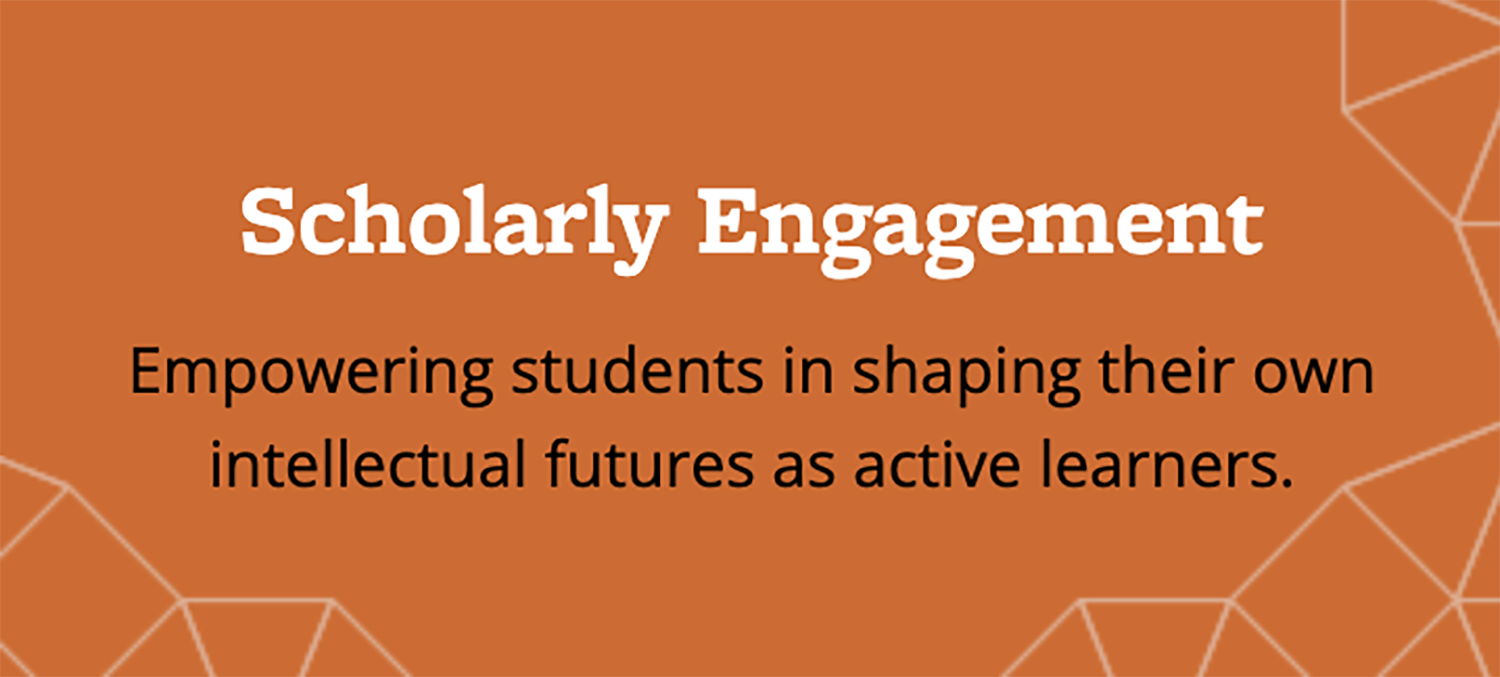
Fostering Holistic Learning
- Foster an environment where each student recognizes the relevance of their academic work in their lives and communities
- Create opportunities for participation in applied work, co-curricular and extra-curricular activities, and professional development opportunities that reflect students’ personal values and ethical commitments
Developing Scholarly Community
- Develop trustworthy and affirmative advising circles (staff, instructors, advisors) that intentionally engage with students in meta-thinking about their scholarship
- Foster an intellectual community that models a commitment to lifelong learning and mentoring
Encouraging Scholarly Self-Actualization
- Provide students with the space, time, resources, and support required to explore their interests and follow their curiosity
- Encourage students to take risks through participation in research and other types of creative, project-based learning opportunities
Strategic Plan Organizing Committee
Keila Diehl
Brittany Kulusich
Aileen Liu
Lauren Miller
Isela Peña-Rager
Rebecca Sablo
Pamela Rich, People & Culture Facilitator
Jan Crosbie-Taylor, People & Culture Facilitator
Comments or questions?
Please reach out with your suggestions, questions, or comments:
Lauren Miller, Assistant Director of Strategic Communications, College of Letters & Science

